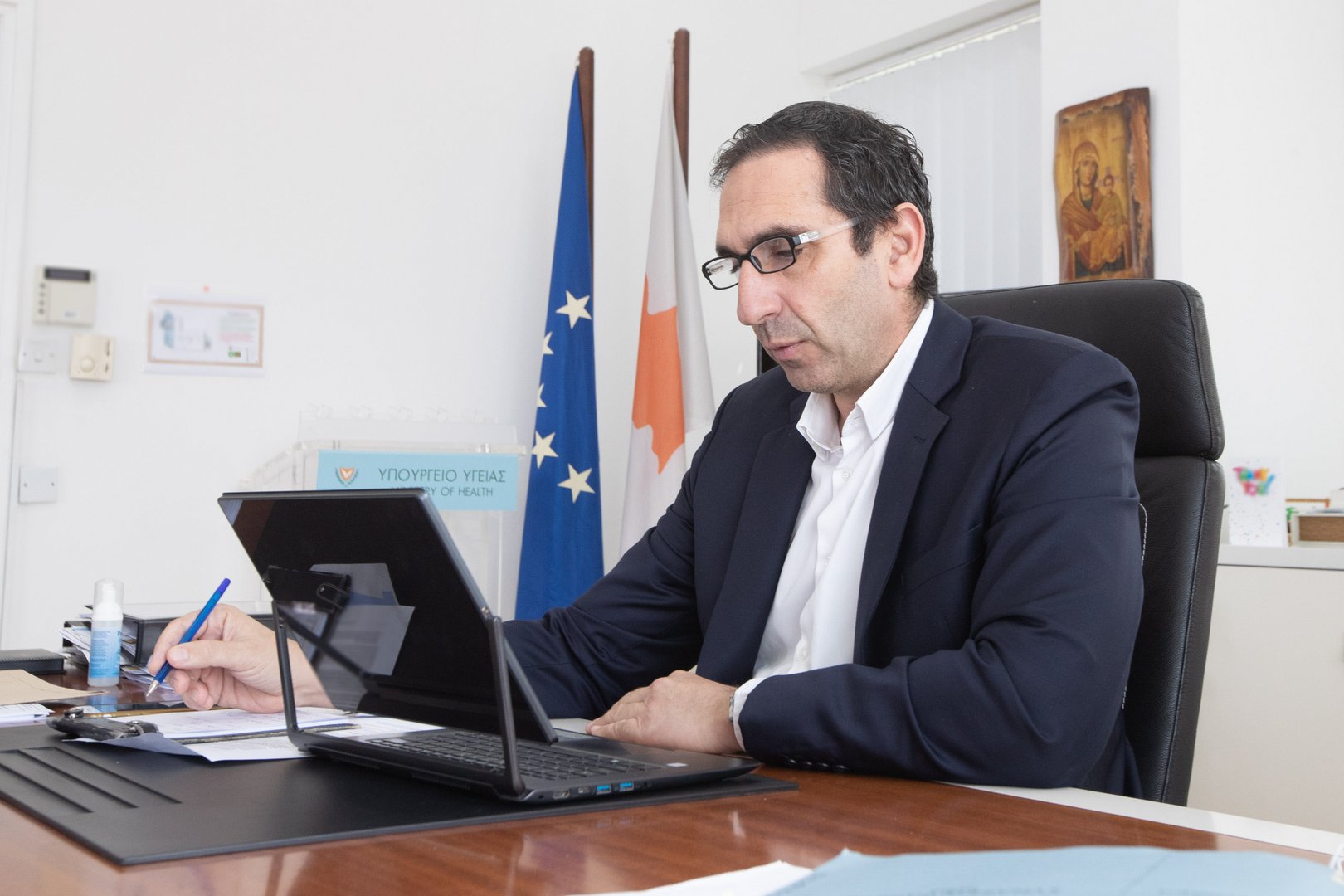Interim measures to deal with issues in the management of Turkish Cypriot properties were announced by the interior ministry on Friday, a day after more mismanagement claims surfaced during a house audit committee meeting.
The first measure will be the establishment of internal audit unit to examine rental agreements on Turkish Cypriot commercial plots.
“The measure will involve on-site visits to commercial properties in all districts – starting next week – to check cases of mismanagement and record any subletting irregularities or other irregularities,” the announcement said.
The next measure will include the preparation of a list of all Turkish Cypriot agricultural land, which will be submitted to the Cyprus Agricultural Payments Organisation (Koap), to check whether the agricultural properties rented are declared by beneficiaries or there are signs of illegal subletting.
Meanwhile, the third measure will be the purchase of services from private surveyors or appraisers to carry out work such as measurements, determination of areas and rents, which are necessary for the conclusion of new contracts and/or rationalisation of all existing rental agreements.
Earlier in the day, Interior Minister Constantinos Ioannou boiled down issues at the Turkish Cypriot property management service to years of understaffing and outdated computer systems that failed to allow the service to do their job as prescribed.
Speaking to CyBC in the morning, Ioannou said: “I received a ministry with a Turkish Cypriot property management service with 70 employees, out of which only 12 are officers.”
The officers are the one charged with investigating the property management, while all the other employees at the service are administrative staff.
Ioannou added: “The systems are outdated and don’t allow for checks to be conducted properly.”
Commenting further, he said that time is needed and that there is willingness to fix the issues of mismanagement.
He said that he has met with the head of the Turkish Cypriot property management service and that a plan has been made.
“Time is needed, and miracles cannot be performed from one day to the next,” he said.
He mentioned that new regulations are being prepared for rental criteria of the properties and expressed the hope that they will be voted and not rejected by the parliament.
Also speaking about the issue, which resurfaced at the house audit committee the previous day, Deputy Director of the service Yiorgos Matthaiopoulos admitted to there being a ‘feast’ in the past regarding the management and rental of Turkish Cypriot properties.
“Until 2018, they [the criteria] were very lax. There were no rules, and the properties were not advertised,” he said.
He added that this situation caused many problematic rentals of properties.
“We have over 20,000 properties to manage, and we do not have that many staff to fix all the issues,” he said.
Commenting on issue raised by Paphos Mayor Phedon Phedonos regarding Turkish Cypriot properties in the city, he said that for two instances raised by the mayor action was taken against the service by the property tenants.
Phedonos mentioned one woman that owned had been given a Turkish Cypriot home in Paphos, but instead lived in Larnaca and did not set foot in the house.
He also said that there was one property given to someone that appeared to have been abandoned, but after the service tried to take it back, the owner went and would turn on a light in the house to make it look like someone lived there, despite living in an area outside Paphos.
Commenting on the Larnaca woman, who had the house in Paphos, Matthaiopoulos said that this case was old, and in the specific instance, the woman sued the Turkish Cypriot property management service and won her case.
In the case of the abandoned house, he said that the tenant, despite not living there, had filed a complaint to the ministers, and he was allowed to keep the property.
Meanwhile, Phedonos, also commenting on the issue in the morning radio programme, continued his barrage of complaints about mismanagement.
The mayor said that most of the properties given in the late 70s and 80s, when the majority were leased, were done with political motives.
“The politicians now need to move for redistribution of some of these properties,” he said, adding that some people got large properties for a pittance, while some refugees got nothing.
He fired off claims against people owning Turkish Cypriot commercial properties, including on Mackenzy beach in Larnaca and in Kato Paphos.
On Mackenzy businesses, he said that owners are paying €2,000 to the Turkish Cypriot property management service in rent, while they are subletting to others for €10,000 a month.
In Kato Paphos, the mayor claimed that one shop owner was paying €800 rent to the service, while subletting it to another for €7,000.
He added that there is also an individual in Paphos that has Turkish Cypriot home worth €1 million, while not being a refugee and having taken the house before 1974. The individual will not move.
“There are thousands of Turkish Cypriot properties, either homes, or commercial plots, or agricultural land, that have been given in a scandalous manner,” he said.
He added that there also thousands that were given to non-refugees, who are also making money of these properties.
“We are not talking about small amounts [of money], but large sums,” he said.
The issue surfaced on Thursday, when the house audit committee was informed by the auditor-general’s office about a report prepared regarding the Turkish Cypriot commercial plots.
The officers from the auditor-general’s office told the committee that vague legislation and a failure to stick to criteria had led to the issues of mismanagement.






Click here to change your cookie preferences